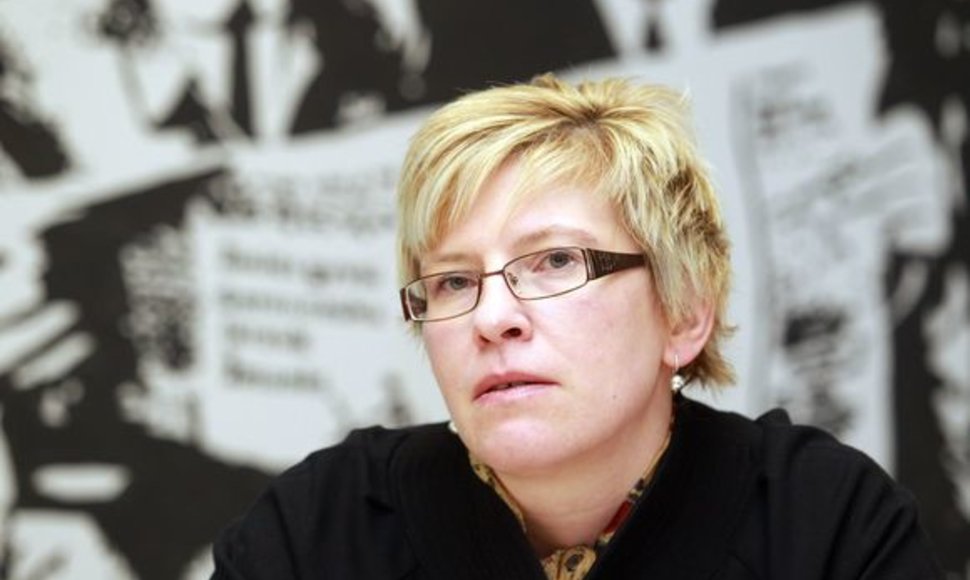The reserves could be tapped to finance the functions of the state or used as a factor facilitating talks with international financial institutions on cheaper loans in the event of future crises.
In line with the concept of a law on the state treasury reserve in crises, which the Cabinet endorsed in May 2011, the Finance Ministry, which proposes to make respective modifications to the budgeting system, has drafted a bill on stabilizing budget policy and accompanying regulations and submitted the package to the government.
“Transfers to reserves would be recorded as appropriations in the budget hence it would be as if budget expenditures although in fact it would be provisions for potential difficulties in the future. The bill defines how the respective amount should be calculated: in general, it should match the recommended improvement in the balance. If the economy faces any inflationary pressure, the amount of transfers will be calculated taking into consideration the ... revenue amount that should be set aside to reduce that pressure,” Finance Minister Ingrida Šimonytė told BNS.
Obviously, the transfers would not be made during the downturn period itself, she said adding that the law had a long-term vision.
“In our opinion, it is necessary, since the interests of taxpayers are better taken into consideration when the rules are prescribed in legislation. Pre-crisis behavior in Lithuania and some other countries was essentially different: the revenues stemming from heating of Lithuania’s economy were used to fund regular expenditures thus driving the growth of inflation and current account deficit further. Meanwhile the crisis, once it began, unveiled a huge deficit,” the minister said.
The states, which saved revenues during overheating, had to adopt expenditure-reducing or tax-increasing measures as well but they were able to take a more moderate and consistent approach and to avoid any larger increase, if any, in debt as they used savings to fund a small deficit, she said.
“Hopefully, we have learnt our lessons and in te future, Lithuania’s politicians will be eager to accumulate a certain reserve against downturn if it is possible, or even necessary, in the context of economic and financial realities. However, memory is short and just the opposite may happen instead. Short-sighted kindness eventually grow into a problem for taxpayers and the regulations, which we have put forward, would enable to safeguard taxpayers’ expectations,” Šimonytė said.
Lithuania’s existing legislation does not envisage a possibility to accumulate ‘rainy day’ reserves. The authorities tried to take measures to guarantee stable funding of the state’s functions in the aftermath of the Russian crisis but the legal framework adopted for the Stabilization Fund at that time proved to be inadequate.
For example, public treasury reserves accumulated in Estonia before the 2008 crisis accounted for about 10 percent of the country’s GDP, and in Bulgaria – for approximately 13 percent.
Meanwhile, the resources of Lithuania’s Stabilization Fund never exceeded 2.6 percent of GDP. Moreover, the fund is not protected against the effects of political cycles. Its balance totaled 754 million litas (EUR 218.55 m) at the end of 2007 before growing to 1.03 billion litas at the end of 2008. At the end of 2009 it made up 1.54 billion litas, of which 515 million litas were used to repay debts.
The bill, if passed, will set forth the sources of reserves, and will regulate their investment, accounting and control as well as their transfer to the treasury during the downturn. The resources of the fund would be managed by a body, which would be authorized to invest them at its own discretion.
2012 07 03
Lithuanian Finance Ministry proposes accumulating reserves against future economic downturns
Lithuania’s Finance Ministry has proposed to start accumulating reserves against future economic downturns so as to strengthen public finances and stimulate the growth of national economy.
Report mistake
Successfully sent
Thank you












